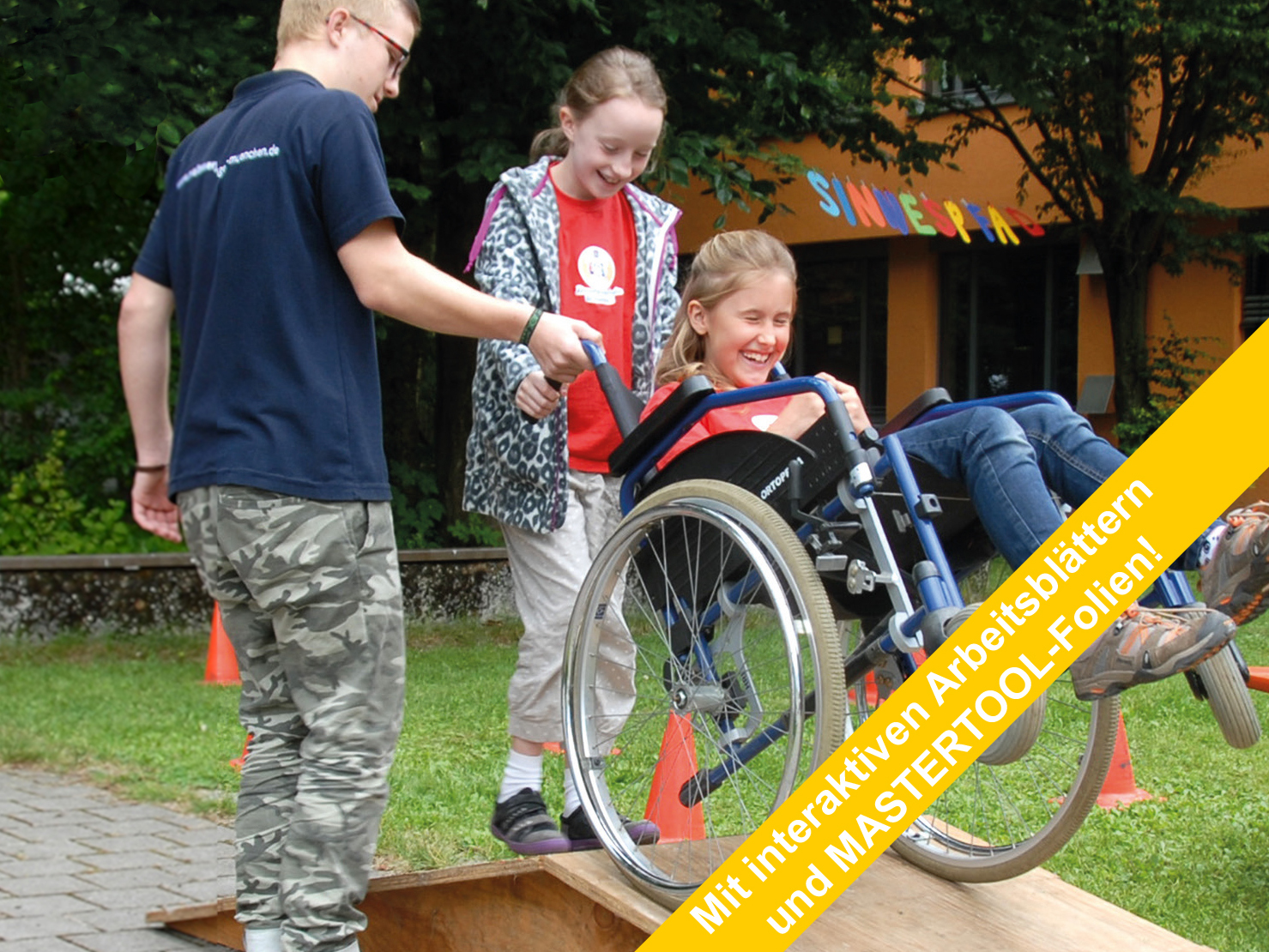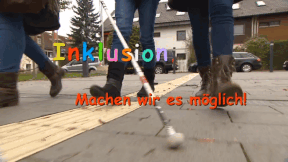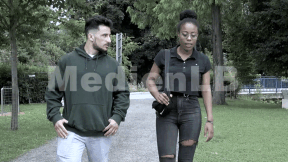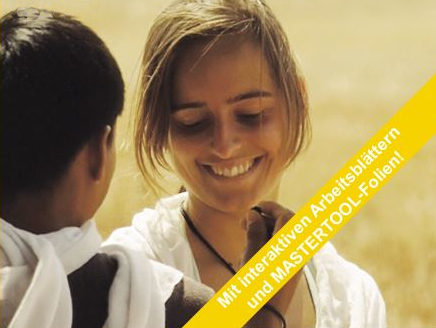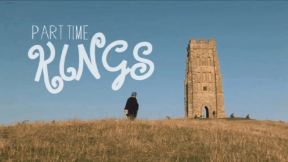 Politics / Civics
Politics / Civics
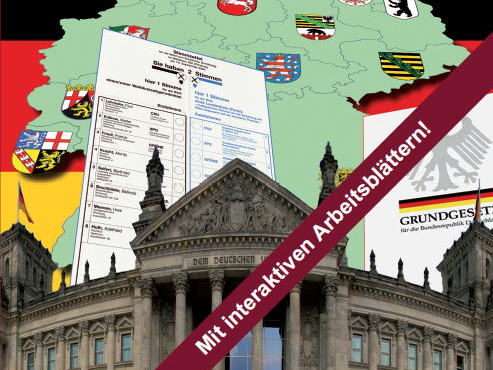
4662219 / 5552796
Democracy in Germany
Basic Knowledge in Politics
Constantly we come across politics in our daily lives, we just do not realise it all the time! Politics does not always take place in full public view but also starts in small settings already, for example at school. The political system in Germany is based on the principles of democracy. That means there are free elections in Germany, an independent parliament and a separation of powers that act independently of each other.
Democracy also implies that from the age of eighteen, every German citizen can vote for the party he or she favours. Also at school, democratic elections are held every year, namely for class captains. Exactly like politicians for the people, the elected class representatives perform special tasks for the other pupils. This media package vividly outlines for the pupils what politics is about – on both a small and a large scale and explains the most important basic terms.
The original and informative accompanying material helps to give the pupils an understanding of the complicated subject-matter of politics and to clarify it.
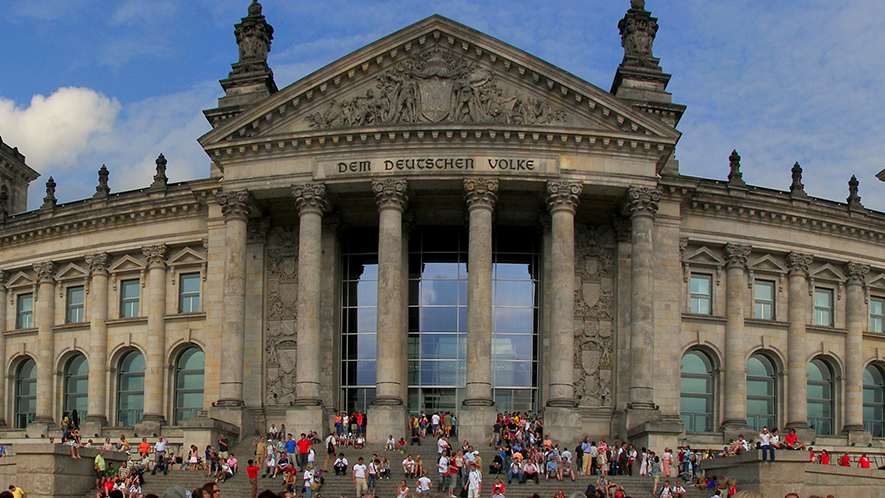
Curriculum-centred and oriented towards educational standards
Matching
Inclusion
Madita is eleven and blind. She does not want to go to a special school but to a regular grammar school. She says she feels "normal" there. Jonathan is eight and has a walking disability. He likes going to the school where he lives. Here, his best friend sits next to him. Max Dimpflmeier, a teacher who is severely deaf, explains that school life is not easy. Quote Max Dimpflmeier: "You don't want to attract attention, you want to avoid saying that it is necessary for you that 70 people adjust to your situation." People on their way to inclusion.




